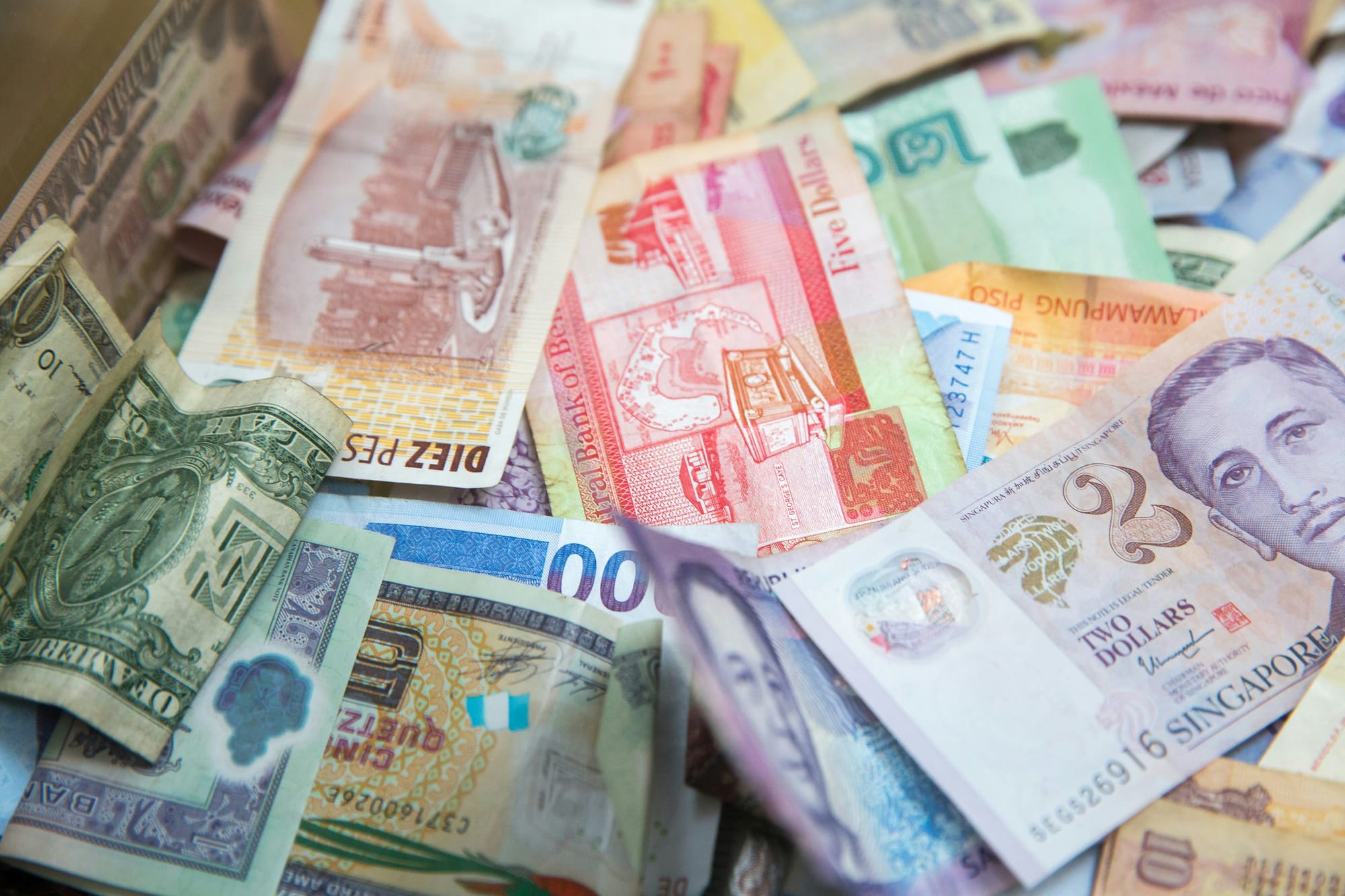Singapore's ABSD and 99-1: A Guide to Avoiding Illegal Practices
Understanding the Rules: ABSD, 99-1 Ownership, and Staying Compliant in Singapore

Confused by Singapore's ABSD and 99-1? Our clear and concise guide simplifies the process. Ensure a smooth property transaction.
Understanding ABSD
The Additional Buyer's Stamp Duty (ABSD) is a tax levied on additional property purchases in Singapore. Introduced in 2011, its primary purpose is to cool the property market and promote affordability for first-time buyers. ABSD rates vary depending on the buyer's profile (citizens, permanent residents, foreigners, or entities) and the number of properties they already own.
Here's a breakdown of the current ABSD rates in Singapore (as of Apr 27, 2023):
| Buyer Profile | Number of Properties Owned | ABSD Rate (%) |
|---|---|---|
| Singapore Citizen | 1st Residential Property | 0 |
| Singapore Citizen | 2nd Residential Property | 20 |
| Singapore Citizen | 3rd or Subsequent Residential Property | 30 |
| Singapore Permanent Resident (PR) | 1st Residential Property | 5 |
| Singapore PR | 2nd Residential Property | 30 |
| Singapore PR | 3rd or Subsequent Residential Property | 35 |
| Foreigner | Any Residential Property | 60 |
| Entity | Any Residential Property | 65 |
Remember: These are just the base rates. Additional charges may apply depending on the property type (residential or non-residential) and purchase price.
Demystifying the 99-1 Ownership Structure
The 99-1 ownership structure refers to a property ownership split where one party holds a 99% share and the other holds a 1% share. This type of ownership can be used legitimately in situations where spouses have unequal financial contributions towards the property purchase. For example, if one spouse is contributing significantly more than the other, a 99-1 split might reflect their proportional investment.
The Pitfalls of Illegal 99-1 Practices
Important Note: While the 99-1 structure can be used legitimately, some individuals attempt to exploit it to avoid paying ABSD on a second or subsequent property purchase. This involves scenarios where a spouse or friend "fronts" the purchase by holding the 1% share, with the intention of later transferring a larger ownership stake back to the primary buyer. These practices are illegal and can lead to significant consequences.
The Inland Revenue Authority of Singapore (IRAS) is vigilant in identifying and penalizing such attempts to circumvent ABSD. Penalties for illegal 99-1 arrangements can include hefty fines, backdated ABSD payments with interest, and even potential clawback of the property by the authorities.
Life Case: The Price of Deception - The Lim Family
In 2018, the Lim family, consisting of Mr. and Mrs. Lim and their two adult children, decided to invest in a second condominium unit in Singapore. Their primary residence was already purchased years ago, and with property prices steadily climbing, they saw an opportunity. However, the ABSD loomed large - a 12% tax on their second property purchase.
Tempted by the prospect of saving a significant amount, the Lims devised a plan with the help of a "friend" in the real estate industry. They structured the purchase to appear as if their eldest daughter, Sarah, was buying the condo unit on her own. In reality, a silent agreement existed between them. Sarah would hold the property under her name with a 99% share, while the remaining 1% would be "gifted" back to Mr. and Mrs. Lim later. This way, they believed they could avoid the ABSD.
For a while, the plan seemed successful. Sarah's name was on the official documents, and the ABSD wasn't triggered. However, during a routine audit a few years later, the Inland Revenue Authority of Singapore (IRAS) uncovered the Lim family's arrangement. IRAS officials noticed inconsistencies in financial records and Sarah's income compared to the property value.
The consequences were severe. The Lims were hit with hefty fines for attempting to evade ABSD. They were also required to back-pay the ABSD with accumulated interest, significantly increasing the overall cost. The situation caused a major rift within the family, with Sarah feeling used and ostracized.
The Lim family's case serves as a stark reminder of the risks involved in illegal 99-1 practices. While the initial allure of saving money might be tempting, the consequences of getting caught can be financially and emotionally draining. It highlights the importance of transparency and seeking professional advice to navigate ABSD regulations and explore legal ownership structures for property purchases.
Avoiding Trouble: Navigating ABSD and Legal Ownership Structures
Given the risks associated with illegal 99-1 practices, it's crucial to navigate the property market with transparency and compliance. Here are some key steps to avoid trouble:
- Seek Professional Advice: Consulting with a qualified property lawyer or real estate consultant can help you understand ABSD implications and choose a legal ownership structure that aligns with your goals.
- Consider Legal Alternatives: Tenancy-in-Common is another ownership structure that allows for a flexible split of ownership percentages. This can be a suitable option for spouses or partners who want to share ownership unequally while complying with ABSD regulations.
- Research Resources: The IRAS website provides comprehensive information on ABSD rates, exemptions, and property ownership structures. (https://www.iras.gov.sg/taxes/stamp-duty/for-property)
Conclusion
Understanding ABSD and avoiding illegal practices associated with the 99-1 structure are crucial for a smooth and compliant property transaction in Singapore. By seeking professional advice, exploring legal ownership alternatives, and utilizing available resources, you can ensure a successful property purchase experience.
Note: This article provides a general overview. For specific guidance and personalized advice, it's always recommended to consult with a qualified property lawyer or consultant familiar with the latest regulations and best practices in Singapore's property market.

